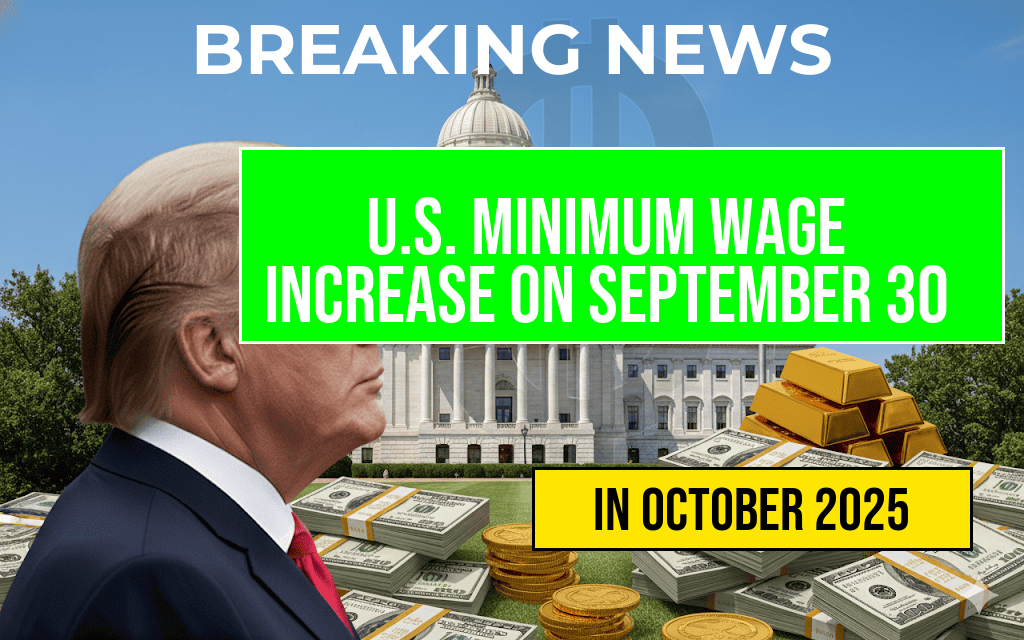The Social Security Administration (SSA) has announced significant updates to its retirement guidelines, declaring that the traditional full retirement age of 67 will no longer apply to future retirees. This landmark decision aims to adapt to the changing demographics of the U.S. population and the economic realities faced by working Americans today. Under the new guidelines, individuals born after 1960 will see their full retirement age gradually raised, impacting their benefits and retirement planning. As the population ages and life expectancy increases, the SSA is responding to the need for a sustainable Social Security system that reflects these shifts. This update has sparked widespread discussion regarding its potential implications for millions of workers and retirees across the nation.
Understanding the New Retirement Age Structure
The shift in the full retirement age means that individuals must adjust their expectations when planning for retirement. Here’s a breakdown of how the new guidelines will affect different cohorts:
| Birth Year | Full Retirement Age |
|---|---|
| 1960 and later | 68 years |
| 1955 – 1959 | 67 years and 6 months |
| 1950 – 1954 | 67 years |
As the table indicates, individuals born in 1960 or later must now wait until age 68 to claim their full benefits. This change reflects a broader trend in retirement age adjustments, which have been influenced by increased life expectancy and a growing number of retirees.
Impacts on Retirement Planning
The decision to raise the full retirement age raises important questions for future retirees regarding financial planning, lifestyle adjustments, and work-life balance. Here are several key considerations:
- Financial Implications: Delaying retirement could lead to increased benefits, as individuals will receive a higher monthly payment if they wait until their full retirement age.
- Workforce Participation: Many workers may feel compelled to remain in the workforce longer, which could impact job opportunities for younger generations.
- Health and Well-being: Prolonging working years can affect physical and mental health, particularly in demanding occupations.
Public Reaction and Expert Opinions
The announcement has elicited a mixed response from the public and financial experts. Some view the changes as necessary for the sustainability of the Social Security system, while others express concerns regarding the fairness of increasing the retirement age.
“This change reflects the reality that people are living longer, but it does create challenges for those who may not be able to work until age 68,” said Julia Lawson, a financial planner based in New York. “Many individuals may need to re-evaluate their savings strategies to accommodate this shift.”
On the other hand, advocates for the change argue it is essential for maintaining the solvency of the Social Security program. According to a report by the Forbes Advisor, raising the retirement age is part of a series of reforms needed to ensure that Social Security can support future generations.
Future Considerations for Social Security
The SSA’s decision opens the door for future discussions regarding Social Security reforms. Some proposals include:
- Gradual increases in the retirement age based on life expectancy trends.
- Adjustments to the benefits formula to account for inflation and cost of living increases.
- Exploring alternative funding sources to supplement Social Security.
As these discussions unfold, it is crucial for individuals to stay informed and proactively plan for their retirement. Resources such as the Social Security Administration’s official website offer valuable information to help navigate these changes.
In an era of evolving economic landscapes and shifting demographics, staying ahead of retirement planning is more critical than ever. The recent changes in full retirement age reflect a broader societal shift that will impact millions of Americans for years to come.
Frequently Asked Questions
What is the new full retirement age in the United States?
The new full retirement age has been updated to age 68 instead of the previous age 67. This change affects individuals born in 1960 and later.
How does this change impact Social Security benefits?
This change means that individuals who reach the new full retirement age will receive their full Social Security benefits without any reductions, while those who retire earlier may face diminished benefits.
When did this update to the retirement guidelines take effect?
The update to the retirement guidelines was officially announced in 2023 and will apply to individuals reaching retirement age in the coming years.











